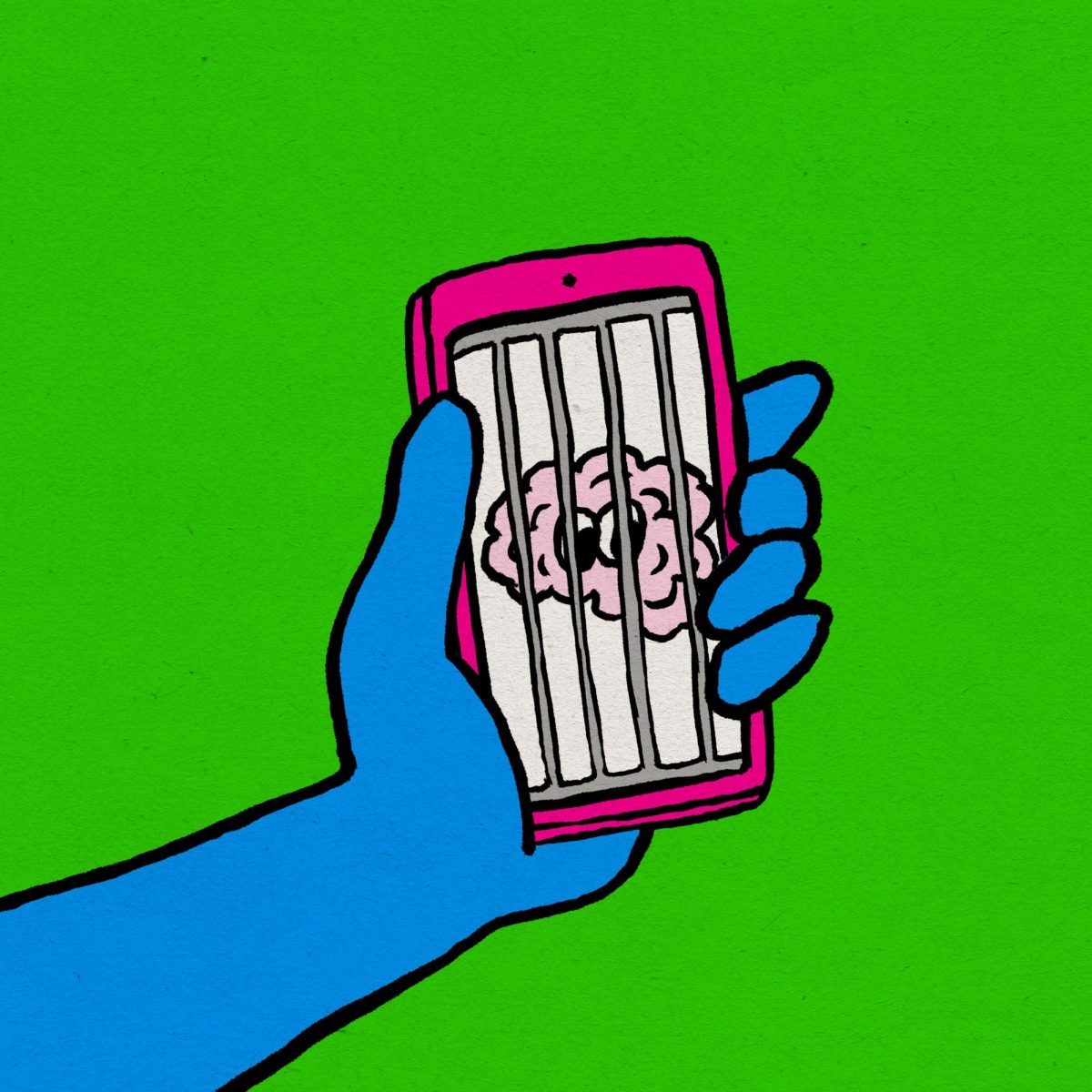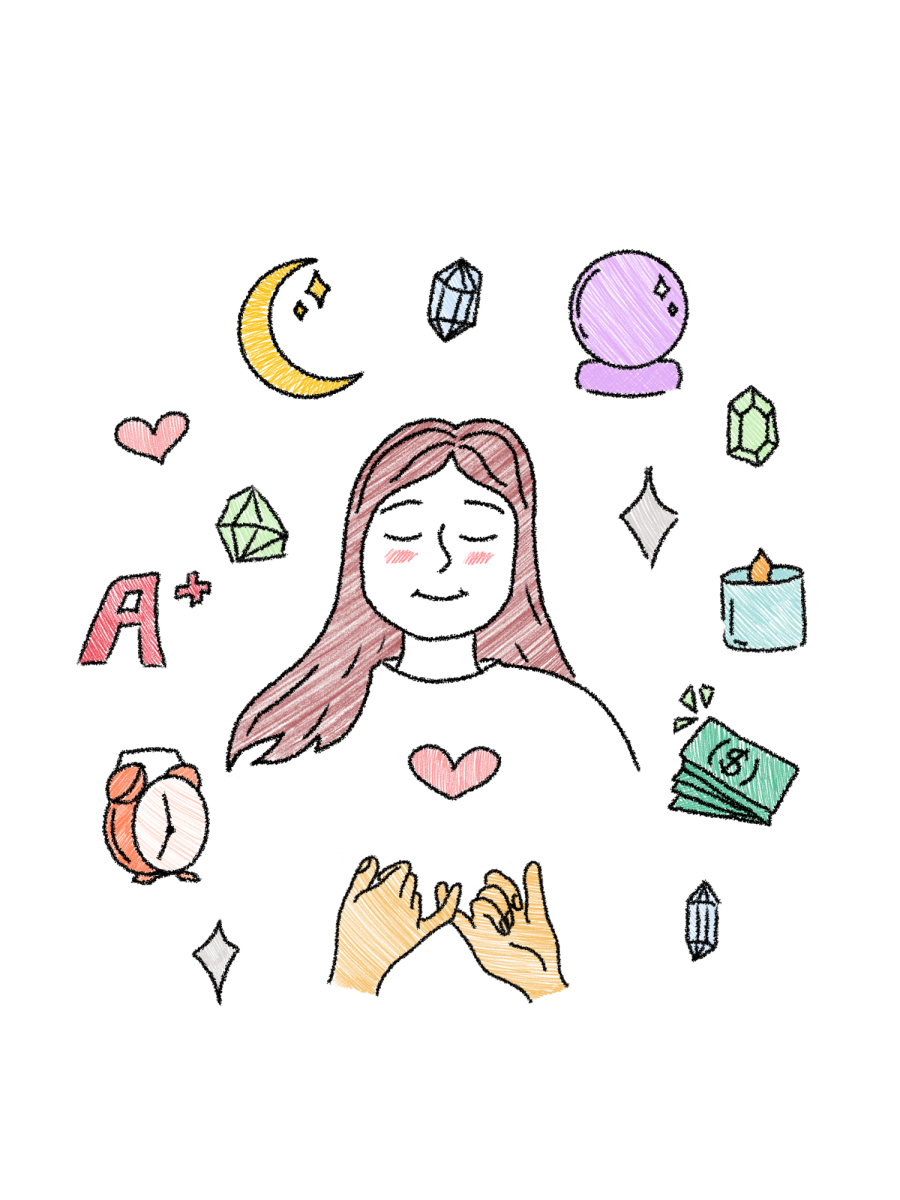Before starting college, I hadn’t thought much about the labels of woman and girl. However, when I came to Colgate University, I noticed the latter label was swapped out for the former, and this new label had been thrust upon me. I noticed how the sign on the communal bathroom of my first-year residence hall read women rather than the girls’ plaques I was familiar with at my high school. I noticed how we cheered on the women’s sports teams. I noticed how some of my classmates lived on an all-women’s floor.
This change was somewhat unexpected for me. I knew that I was entering college as a legally considered adult and was now living away from home. But I didn’t feel too different from the “girl” I technically was a few months prior. As my first-year came to a close, and these words were now more solidified in my vocabulary, they were also on the minds of many around the world.
Recently I noticed that, especially online, there has been a resurgence of the word “girl.” There are the that-girls with their perfectly arranged apartments and 5 a.m. pilates workouts. Strawberry girls, vanilla girls, coastal girls and cherry girls gawk at you through their aesthetically filtered online personas, imploring you to choose an avenue of girlhood. Grown women have been making themselves “girl dinners”, doing “girl math” to justify extraneous purchases or are simply using the word girl in front of mundane, daily tasks (à la “hot-girl walks”). Girl has become the rallying cry of a counterculture for modern women, supposedly representing not an “age or gender” but rather a state of being, a community, a term of exclamation, a verb and an adjective.
Women are reclaiming the word girl as not a label ascribed to them but rather one they take on voluntarily. But is girlhood truly empowering? What lies behind the distinction between woman and girl?
Historically, girlhood has been a colloquialism used as a way to disempower women. The word is dismissive, particularly when it comes out of the mouths of men in the workplace. Girl connotes innocence, immaturity, frivolity and pink. Traditionally, it has been akin to referring to a grown adult as a child. Ascribing this label reads as infantilization rather than a way to refer to a fellow professional. An experiment from The Pennsylvania State University found when women are called girls, they felt “less confident, perceived they have fewer leadership qualities and believed that others would view them as less prepared for leadership roles as well.”
To me, the wave of women today choosing to call themselves girls speaks more to nostalgia and beauty standards rather than empowerment and community. A woman’s youth — her girlhood — is when she is in her physical prime, in which she is considered most attractive by society’s standards. Elizabeth Bruch, a professor of Sociology at the University of Michigan, found in a study that stated, in the dating market, “men’s desirability peaks at age 50. But women’s desirability starts high at age 18 and falls throughout their lifespan.”
It is unsettling to me that a woman is considered most sexually desirable at a time when she is arguably the most vulnerable — shedding the skin of childhood and trying adulthood on for size.
While men have the luxury of being valued for their experiences, women are judged chiefly by their appearance. A woman’s power in a patriarchal society is inextricably tied to how desirable she is to the men around her. Thus, this power has an expiration date. When she no longer has the benefits of youth and being society’s standard of beauty — still cocooned in the role of girl — she loses this power granted by being sexually desirable. But when there is loss, there is also gain. She too gains experiences that are valuable. She becomes more evolved in her knowledge of her field and her understanding of herself. She leaves behind girlhood for not only womanhood but also adulthood and all of the freedom and stability it provides.
Perhaps the desire to self-attribute the label of girlhood is instead a desire for nostalgia. Society looks at youth through rose-colored glasses. Girlhood is viewed as a time of simplicity, playfulness and safety. Yet girlhood can be tumultuous and stressful in the pressure for girls to figure out who they are and who they want to be in the world. In essence, it is the struggles of leaving childhood and entering adulthood. While womanhood is associated with seriousness and rigidity, it can also be seen as a time of discovery, purpose and adventure.
I’m all for reclaiming what it means to be a girl. But doing so does not need to come at the expense of erasing who we are as “women.”
















